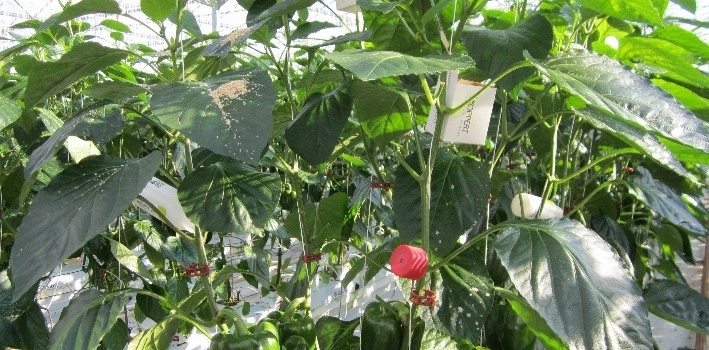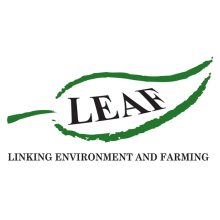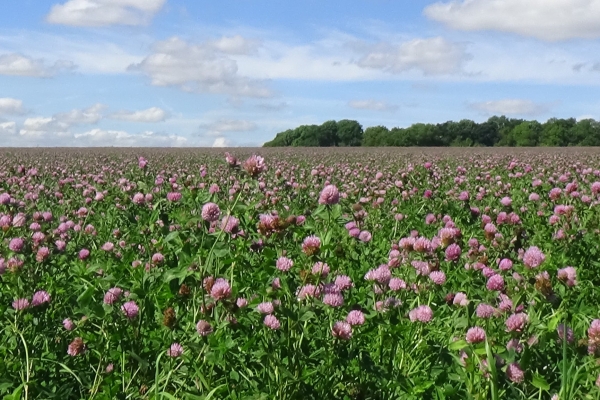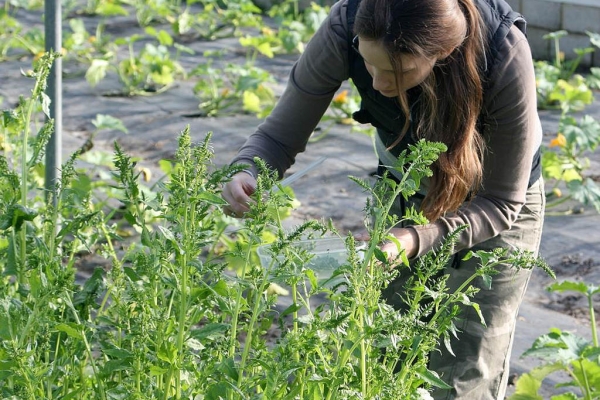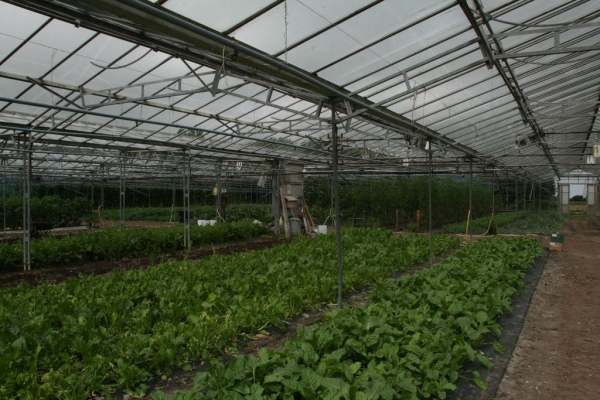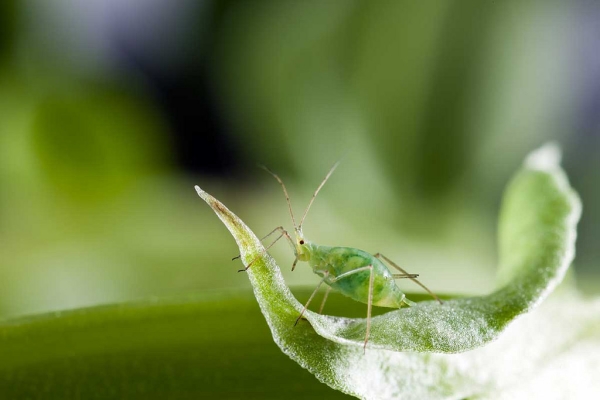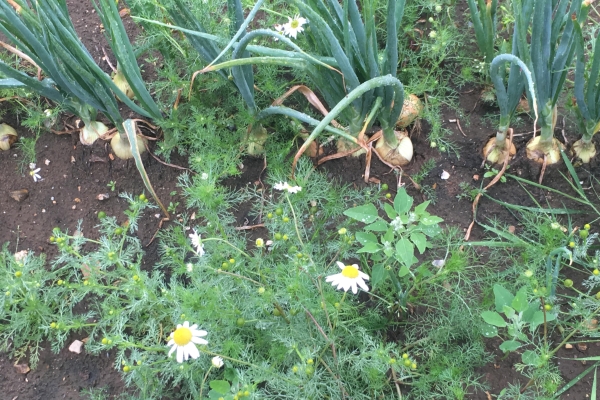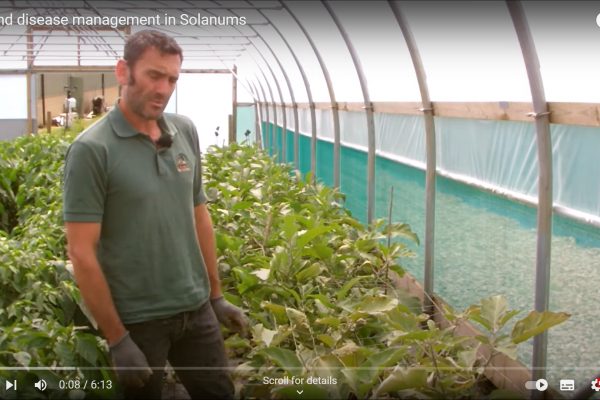Biological control (indoors)
Organic Management Techniques to Improve Sustainability of Non-Organic Farming
Resource explained
This abstract was composed as part of a Defra-funded project looking at organic management techniques that could be applied on non-organic farms and help improve sustainability. It describes information on indoor biological control to help introduce, encourage and manage predatory species to help control crop pests. Effective control is imperative, particularly with use of chemicals becoming increasingly limited and pests becoming increasingly resistant to chemical plant protection products. The abstract lists the main agronomic, economic and/or ecological value you can expect to gain from using biological control. It includes practical recommendations that will help you implement the method and other useful information such as the time of year you could apply the method, suitability according to your farming system, and equipment required. It also includes a case study of a farmer who is applying the practice. Potential benefits and barriers you need to consider, financial implications, and how it relates to legislation are also listed.
Findings & recommendations
- Biological control can offer an effective and efficient method of pest control in indoor production systems.
- The controlled nature of the environment lends itself to introduction, management and control of predatory species, leading to effective pest control.
- There are a number of commercial companies offering solutions that are based on the ecology of pest and predator relations.
- Biological control is often cheaper than chemical alternatives and can replace the need for chemicals and their potential negative environmental effects.
- Consumer and supplier pressures are encouraging a reduction in chemical usage and biological control offers an effective alternative.
Header image: Bio in practice to control red spider mite. Photo credit: Tangmere Airfield Nurseries (CC BY)
